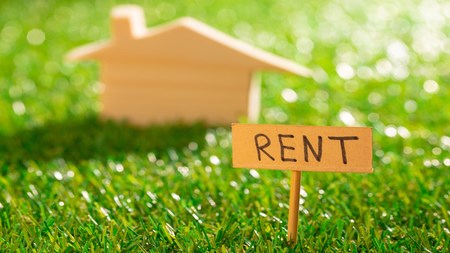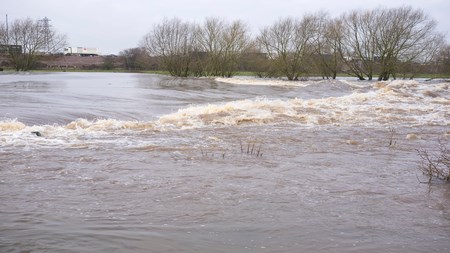It may be regarded as old news by some, but the memories of seeing a house that you built and paid for being demolished by the authorities is going to haunt those affected for years to come. Before you all start shouting that people should not invade land and erect illegal dwellings, spare a thought for some of the residents in Lenasia, an area to the south of Johannesburg in Gauteng. This desperate group of people recently had to watch their houses being destroyed when it was discovered that the property that they thought they had bought, had been sold to them illegally and actually still belonged to the State.

A former resident sits on the remains of her house
When we think of corruption, we tend to think of tenders being awarded to friends and family, or policemen taking bribes. Of course, it goes much deeper than that and the Lenasia incident clearly highlights the damage that can be done by someone who is hell-bent on fleecing the poorer members of the community of their hard-earned money. According to a report in the Mail and Guardian, the land was sold to residents by corrupt officials, who charged between R2 500 and R95 000 for plots. Residents apparently received fraudulent Deeds of Sale, bearing a departmental logo.
The question that desperately needs to be answered is how on earth it is possible to sell land that does not belong to you and perhaps more importantly, why did government allow the situation to reach this stage before stepping in?
Human Settlements Minister Tokyo Sexwale voiced what most of us were perhaps thinking when he was heard to ask: ‘How can this happen? I mean, you can steal office supplies and tablets from a hospital, but land? This is madness’.
It is indeed madness, and although Sexwale has promised to formulate a plan to resolve the matter using, among others, the Special Investigating Unit and the Hawks, the speeches and promises have come too late for those whose homes have already been destroyed.
Perhaps it's a naïve thought and although it takes time to get a court order granting permission to demolish a property, you have to wonder why it has taken government so very long to wake up and realise that there is a major problem. Surely someone, in a position of power somewhere, must have noticed that homes were being built on land that the residents couldn't possibly have owned? One angry resident maintained that he had lived there for the past 10 years.
And what of the perpetrators? Are these despicable human beings going to get away with a slap on the wrist or, like so many other culprits, merely suspended until the dust settles and then redeployed to another department?
The most frightening thing of course is the thought of just how far the rot has set in. It is highly unlikely that Lenasia is the only area affected - or indeed targeted - by corrupt officials who prey on those desperate to own their own homes. Corruption has already taken a heavy toll on South Africa and this incident, while far from over, clearly highlights the heartache callous law breakers can cause.



